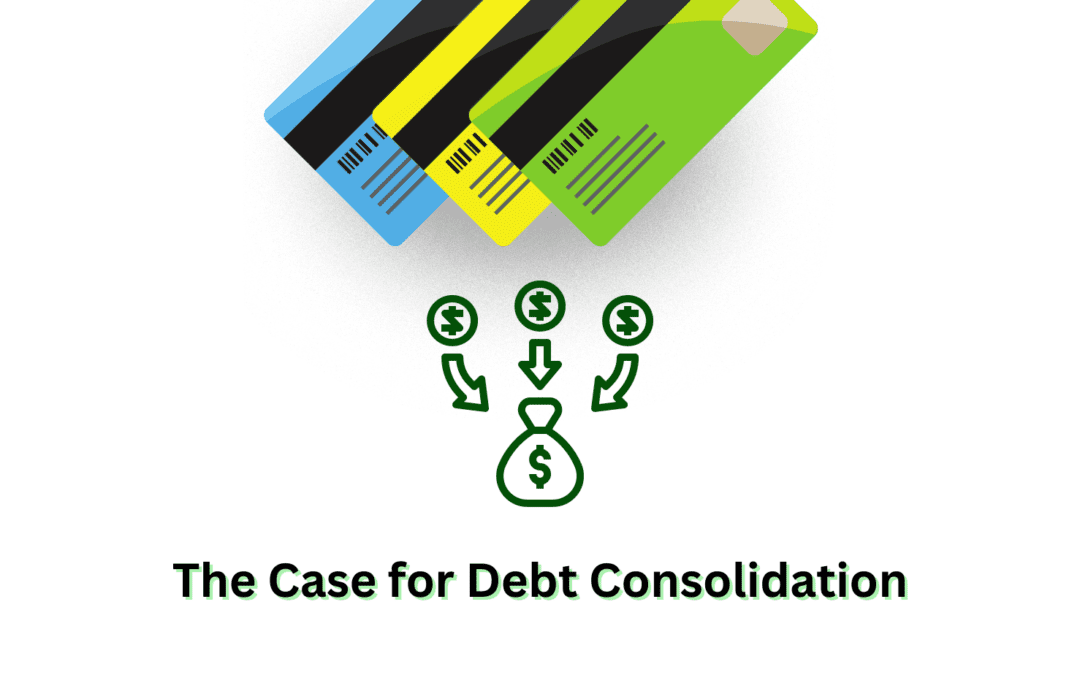Consolidating your credit card bills into a single loan can be a wise financial move. Debt consolidation can lower your overall interest costs, reduce your monthly payoff, eliminate late fees and over-the-limit charges, and allow for one, convenient monthly payment. On paper, it’s a no-brainer.
But that doesn’t account for your behavior. Ask any financial counselor and they’ll say that if you’re planning on using a loan to help you get out of debt, you must first change your spending habits.
Many Americans spend unconsciously, using money and credit to distract themselves from their lives. Some people get a loan to pay off old debts yet continue buying more than they can afford.
The inability to control their spending only makes their financial troubles worse. However, if you’re ready to straighten out your credit snarls and be very mindful about your spending, then consolidation can work for you.
For instance, taking four $3,000 card balances at 19%, 18%, 17%, and 16% and putting them into one loan at 10% would save about $43 a month in interest payments. If you save that $43 instead of spending it, you’d have $1,500 in three years.
The most common arrangements for consolidation include:
- A low-rate card. You could transfer accumulated high-interest credit card balances to one card with a lower rate. Drawbacks: Attractive “teaser” rates often increase soon after activation. Read the fine print and beware of fees.
- A home equity loan. For homeowners, this may be the best way to reduce interest costs. Rates on a second mortgage are lower. Also, mortgage interest can be tax deductible. Drawbacks: Lenders can seize your house if you default.
- A counseling agency. Pay an agency to arrange lower rates and longer paybacks with your creditors and then manage the repayments for you. The best services try to teach you how to live within your means. Drawbacks: Paying off your debt on your own looks better on your credit report. Also, there are some shady operators in this field, so know whom you’re dealing with.
The first step toward clearing your credit card clutter is to assess how bad off you are. Get a copy of your credit report and figure out how you got so deep into debt.
Next, call your card issuers and ask how much they’d be willing to lower your current interest rates.
If you’ve reached the limit on your cards, are struggling to pay the monthly minimum, or if a job loss or emergency bill would wipe you out, then look into consolidating.
But don’t try to start tackling the problem until you come to grips with its cause. You must find out why you spend unconsciously and then address those issues.
Managing your finances effectively requires that you be diligent and organized about paying your debts. If this is too difficult for you to do alone, then get some professional help. Take advantage of your credit union membership and use the services available to you.
You can apply for a debt consolidation loan at NCU by clicking here.
